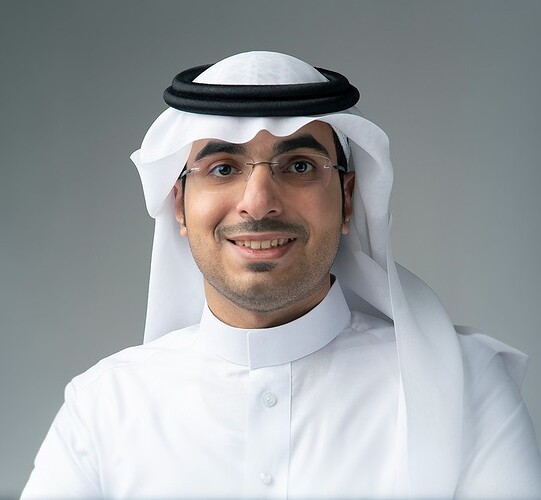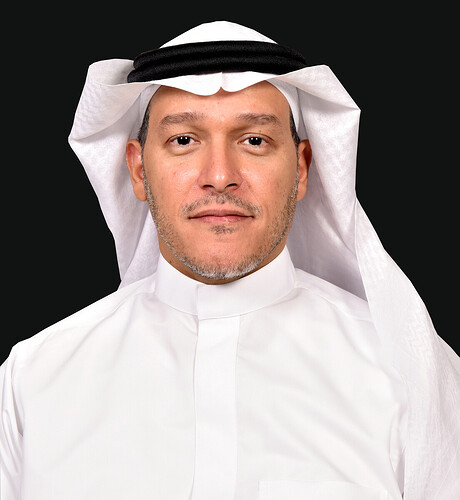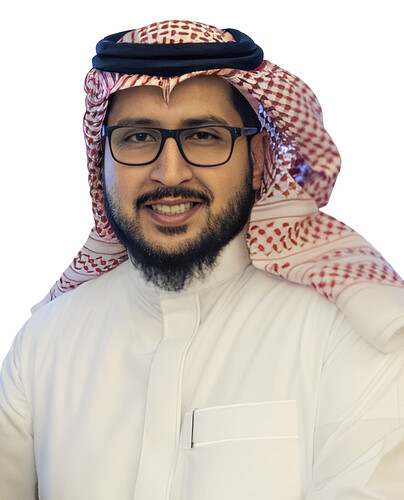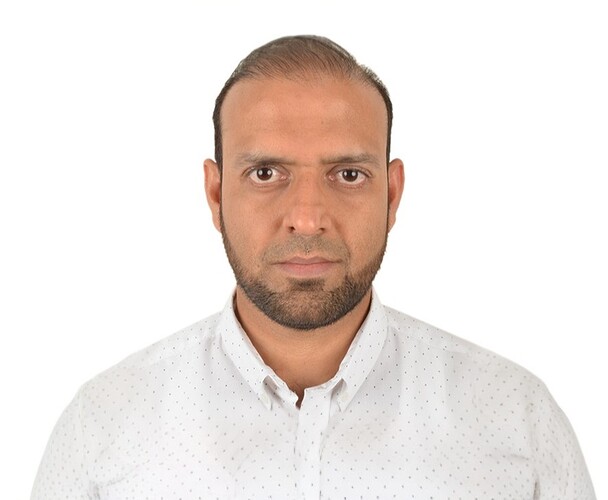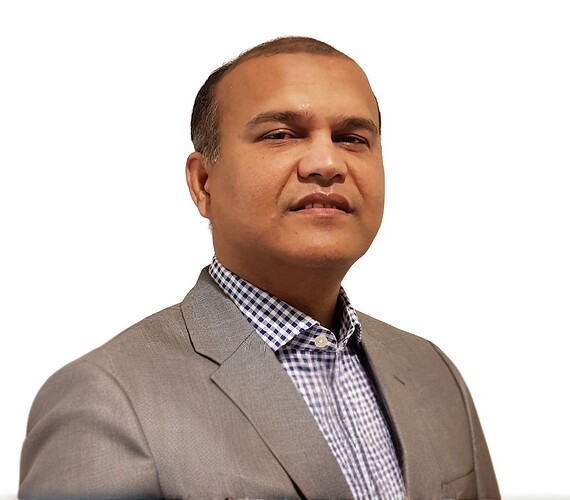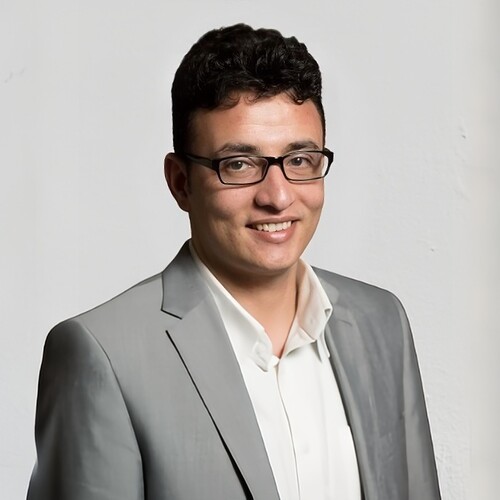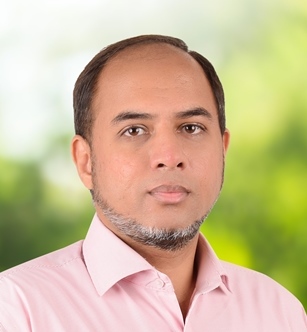Electronic Defense Systems Concentration Program
Overview / نظرة عامة
This interdisciplinary program focuses on technologies employed in military and civilian industries associated with radar, microwave, and optical systems. These technologies can be deployed in electronic defense and warfare systems as well as civilian applications, such as aviation, security, intrusion detection, etc. Topics include theoretical and practical aspects of radar, electro-optical (e.g. LIDAR), and microwave systems, and their applications in detection, tracking, and imaging. In addition to digital signal processing, students study radar systems (radar range equations, transmitters, antennas, receivers, pulse compression, radar ambiguity function, target detection in a noise background), microwave (microwave planar transmission lines, passive and active microstrip devices, microwave network analysis, and microwave integrated circuits), and electro-optical systems (photon-matter interaction, light sources and transmitters, optical detectors and receivers, waveguides and fibers, amplifiers, isolators, etc.).
يركز هذا التخصص على التقنيات المستخدمة في الصناعات العسكرية والمدنية المتعلقة بأنظمة الرادار، والميكروويف، والأنظمة البصرية. يمكن استخدام هذه التقنيات في أنظمة الدفاع الإلكتروني والحرب الإلكترونية، بالإضافة إلى التطبيقات المدنية مثل الطيران، والأمن، وكشف التسلل، وغيرها. تشمل المواضيع الجوانب النظرية والعملية لأنظمة الرادار، والأنظمة الكهروضوئية (مثل ليدار)، وأنظمة الميكروويف، وتطبيقاتها في الكشف والتتبع والتصوير. بالإضافة إلى معالجة الإشارات الرقمية، يدرس الطلاب أنظمة الرادار (معادلات مدى الرادار، المرسلات، الهوائيات، المستقبلات، ضغط النبضات، دالة غموض الرادار، اكتشاف الأهداف في وجود الضوضاء)، والميكروويف (خطوط نقل الميكروويف المسطحة، الأجهزة الميكروستريب السلبية والنشطة، تحليل شبكات الميكروويف، والدوائر المتكاملة الميكروويفية)، والأنظمة الكهروضوئية (تفاعل الفوتونات مع المادة، مصادر الضوء والمرسلات، أجهزة الكشف البصري والمستقبلات، الموجّهات والألياف الضوئية، المكبرات، العوازل، وغيرها).
Application for the Concentration Program
Eligibility Criteria
Requirements:
- Minimum GPA of 2.0 is required for all BSc KFUPM students.
- Students with applied major cannot enroll in concentrations.
- Students who completed (79 – 115 hours).
- Students who finished all junior-level courses of the specific majors are eligible to enroll in the concentration after completing the prerequisites.
Timeline:
- Applications open at the end of the first semester of the Junior year ( around November ) till the middle of the following semester ( around February)
- Applications are reviewed at the end of the second semester or early summer.
Hosting Department:
- Electrical Engineering
For more information about concentration programs, visit the general information page.
To apply for the concentration program, please visit the official application page provided by the university.
Offered To:
| Major | Pre/Co-requisites | Notes |
|---|---|---|
| Electrical Engineering (EE) | EE 207 and EE 315 and EE 370 and [PHYS 305 or EE 340] | - |
Courses in the Concentration
| Course | Course Title | Brief Description | Pre-requisites | Instructors | Average GPA | Notes |
|---|---|---|---|---|---|---|
| EE 406 | Digital Signal Processing | This course covers discrete-time systems, Fourier transforms, and filter design. | EE 207 | Dr. Ali Al-Shaikhi | - | - |
| EE 407 | Microwave Engineering | Microstrip devices and microwave circuits. | PHYS 305 or EE 340 | Prof. Fahhad Alharbi, Dr. Ali Alreshaid, Dr. Mohammad Alhassoun | ||
| EE 416 | Introduction to Radar | This course covers radar fundamentals, detection, imaging, and sensing techniques. | EE 207 OR CIE 315 | Dr. Abdulrahman Alqadami, Dr. Sharif Sheikh | ||
| EE 421 | Photonics and Optical Engineering | Optics basics, optical devices, fibers, and photonics topics. | PHYS 305 or EE 340 | Prof. Khurram Qureshi, Dr. Mohammed Khan |
| Semester | Course 1 | Course 2 |
|---|---|---|
| First Semester (Fall) | EE 407 | EE 406 |
| Second Semester (Spring) | EE 421 | EE 416 |
Special Benefits
-
Hands-on Experience:
-
Industry Relevance:
-
Additional Courses/ Short Courses/ Professional Certifications Taken or Obtained Through the Program:
-
Expos/ Conferences/ Competitions for individuals involved in the program:
-
Softwares and Applications Utilized:
-
Other Benefits:
Resources
- For courses’ study materials click here
Instructors
| Photo | Name | Courses | Office Number | Telephone | Office Hours | Department | Specialization | Taqeem Post | Coordinator | |
|---|---|---|---|---|---|---|---|---|---|---|
| Dr. Mohammad Alhassoun | EE 407 | Building 59 Room 2088 | malhassoun@kfupm.edu.sa | 966-13-860 8764 | - | Electrical Engineering | Wireless Communications | Taqeem Post | ||
| Dr. Ali Al-Shaikhi | EE 406 | Building 59 Room 2084 | shaikhi@kfupm.edu.sa | 966-13-860 2610 | - | Electrical Engineering | Seismic Signal Processing | Taqeem Post | ||
| Dr. Ali Alreshaid | EE 407 | Building 59 Room 2083 | Alreshaid@kfupm.edu.sa | 966-13-860 5146 | - | Electrical Engineering | Applied Electromagnetics, Reconfigurable Antennas, Radars | Taqeem Post | ||
| Prof. Khurram Qureshi | EE 421 | Building 59 Room 2100 | kqureshi@kfupm.edu.sa | 966-13-860 3846 | - | Electrical Engineering | Optical Fiber Communications | Taqeem Post | ||
| Dr. Sharif Iqbal Mitu Sheikh | EE 416 | Building 59 Room 1075 | sheikhsi@kfupm.edu.sa | 966-13-860 2818 | - | Electrical Engineering | Smart electromagnetic sensors Micro/millimeter-wave reconfigurable active and passive devices | Taqeem Post | ||
| Dr. Abdulrahman Alqadami | EE 416 | Building 59 Room 1074 | abdulrahman.qadami@kfupm.edu.sa | 966-13-860 3157 | - | Electrical Engineering | Applied Electromagnetics, Reconfigurable Antennas, Radars | Taqeem Post | ||
| Dr. Mohammed Khan | EE 421 | Building 59 Room - | zahedmk@kfupm.edu.sa | 966-13-860 | - | Electrical Engineering | Optoelectronic Devices | Taqeem Post | ||
Miscellaneous Information
-
Number of Students in a Single Batch:
-
Information about Previous Batches:
-
Former/Current Students in the Program Contact Information:
-
Interested Companies/ Organizations:
شاركنا تجربتك مع التخصص عبر الإجابة على الأسئلة التالية:
هل ترى أن ما تعلمته في هذا التخصص يتماشى مع أهدافك المهنية؟:
your text
من برأيك يستفيد من دراسة هذا التخصص؟:
your text
ما الأمور التي تمنيت أن يغطيها التخصص أو يتم تقديمها بطريقة مختلفة (مثل المنهج، المواضيع، الاختبارات، المشاريع)؟:
your text
إذا كنت قد تخرجت، هل حصلت على وظيفة بمجال يتعلق بالتخصص المذكور؟ (مع ذكر جهة التوظيف إذا أمكن).
Your text
وبإمكانك ذكر نقاط إضافية :
your text

